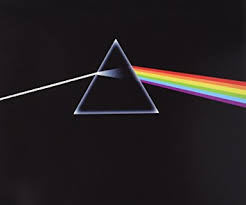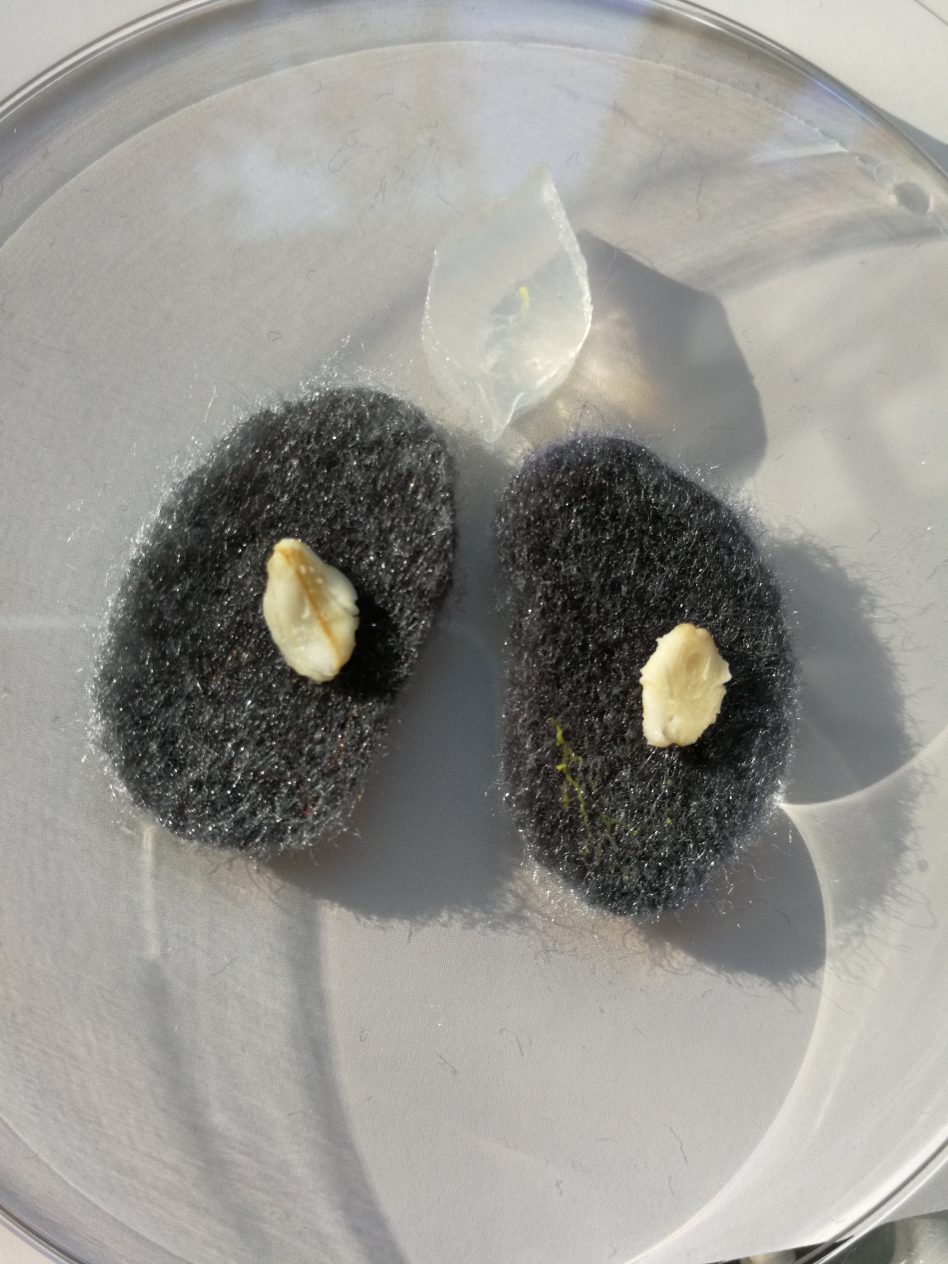In this image of a wolf howling, one can see the visible shape of the warm air coming from inside the wolf‘s body meeting with the cold atmospheric air.
The reason we can see the air, is because the moisture contained in the air, from the moist environment of the airways, takes longer to evaporate in cold air than in warm air. In the window of time it takes for the moisture to evaporate, we can see the breath. But it seems to be more than moisture and an amalgamation of trace gases emanating from the wolf‘s throat. The fleeting but distinct shape hovering above its raised muzzle conjures up a ghost-like presence. The word „breath“ is indeed related to the word „ghost“; etymologically „ghost“ is rooted in the Old English gast, „breath, good or bad spirit… and the Old German Geist, „spirit, ghost“. Interstingly, they are presumed to stem from the PIE root gheis-, used in forming words involving the notions of excitement, amazement, or fear, emotions and states that are palpably connected with breathing.
Source: http://www.etymonline.com










